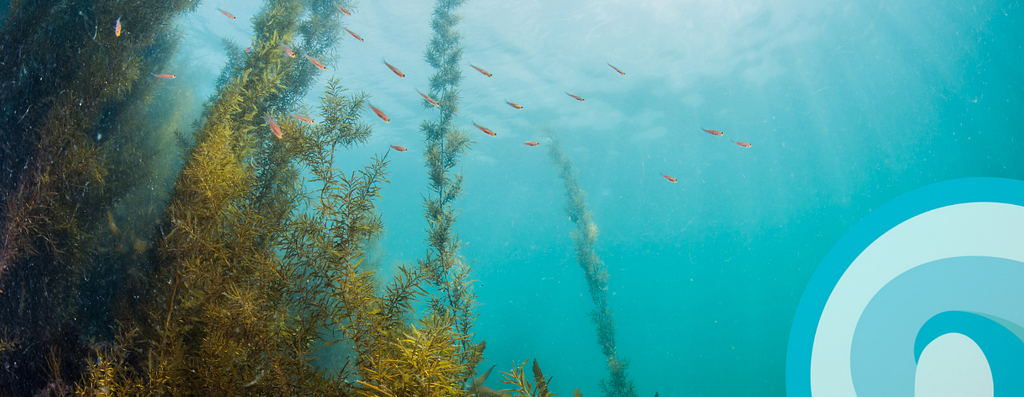Ocean Farming

It’s estimated that in the next 30 years we will have 10 billion mouths to feed. Agriculture is already being pushed to its limits and as a result, it is damaging our planet. Commercial farming is depleting our freshwater, degrading our soil, removing natural habitats and polluting our waters with pesticides and fertilisers.
We are running out of land and resources, but what if the solution isn’t on land? What if the next generation of farming is in our oceans? This would open up 70% of the world’s surface, which was previously unused.
Ocean farming is a method of growing ocean plants and/or farming shellfish. There are many plants that we can grow under the water, such as seaweed, kelp and sea vegetables like salicornia, nicknamed ‘sea asparagus.’
Having in mind that agriculture has had such a negative impact on our earth, do we really want to get started in our oceans as well? It’s a valid question. Interestingly, farming in the ocean seems to be much more sustainable than farming on land. However, moving forwards, we need to be careful that we don’t create yet another unintended crisis.
Ocean farming takes up very little space due to vertical models reaching from the seafloor to the surface. Additionally, many ocean plants and shellfish don’t require any antibiotics, fertilizers, pesticides, or food! Some shellfish even improve the water quality around them. Mussels filter up to 25 litres of seawater each day and absorb carbon dioxide from the water.
These findings haven’t gone unnoticed. The seaweed industry is estimated at $6 billion a year and is expected to double in the next few years.
This is all well and good but is there a demand for these products? The demand is growing, and seaweed and kelp, in particular, are becoming more mainstream for their unusual flavour and health benefits.
Sea plants are quickly becoming known as superfoods. Seaweed is very high in iodine, which is especially beneficial for people on a plant-based diet. It is good for our blood sugar levels, heart gut and thyroid health, and it supports our immune system! Kelp is loaded with potassium, iron, calcium, fibre, iodine, and other vitamins.
The future of ocean farming is exciting. Our partners Green Wave have the ambitious aim to educate 10,000 ocean farmers in sustainable farming techniques over the next 10 years.
We are curious to know your thoughts and your questions on this topic!
We will be interviewing Roushanna Gray from Veld and Sea about the benefits of ocean plants and ocean farming. Our interview will be live on our Instagram page on the 20th of January at 2pm UTC. Read more about Roushanna and the upcoming AMA here.

Leave a Reply